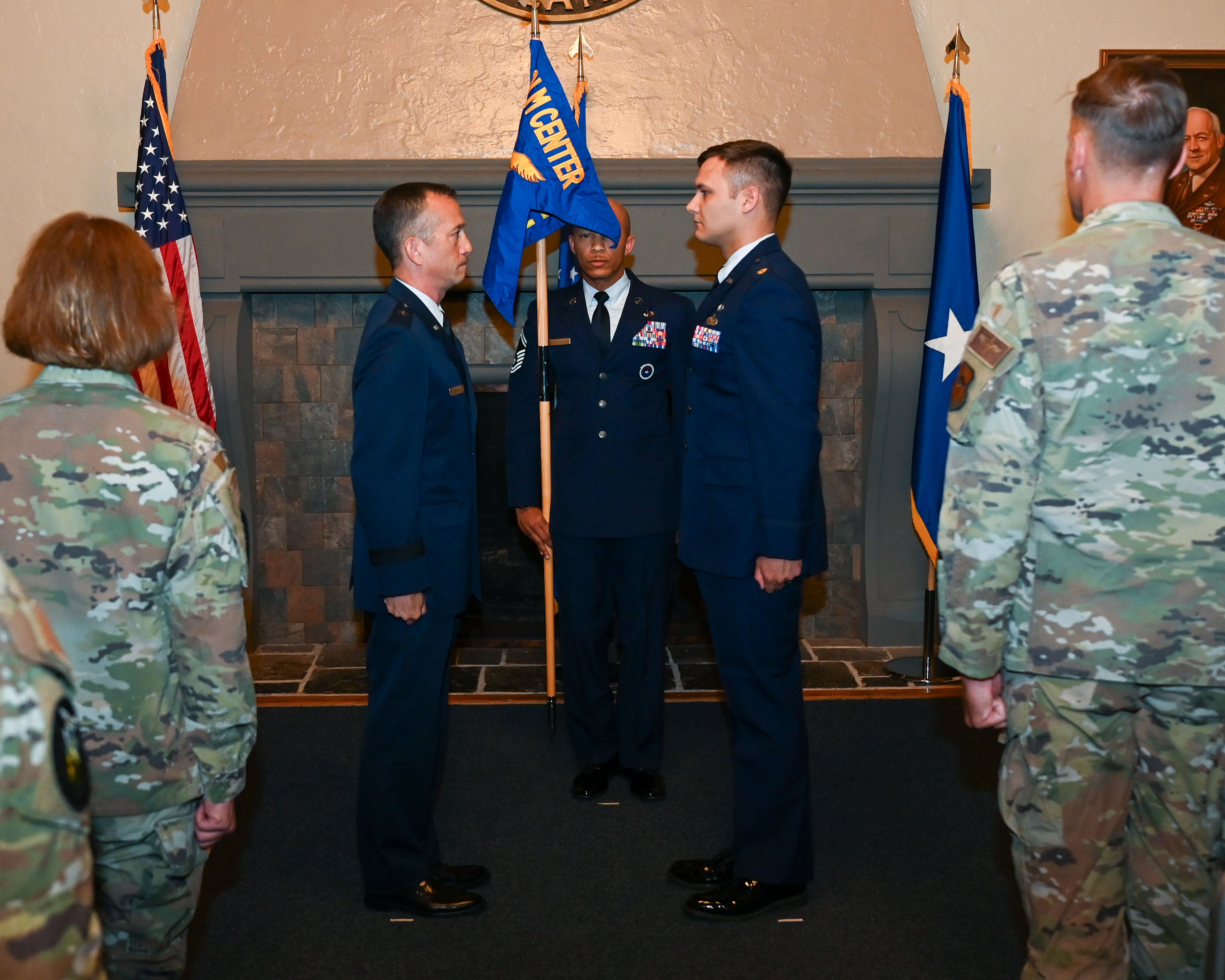The Air Force selected a crop of recruits to take part in a program that will train the service’s first warrant officers in 66 years.
The Warrant Officer Training School will enroll 78 airmen, according to an Air Force press release, and classes will begin in October at Maxwell Air Force Base, Alabama.
The warrant officer rank was reintroduced on June 28, when the school opened.
The Air Force stopped enlisting warrant officers in 1958 after creating the senior master sergeant and chief master sergeant ranks.
“These airmen are poised to assume critical roles as technical experts, functional leaders, and advisors within their specialized domains,” Air Force Chief of Staff Gen. David Allvin said in the release. “They possess the cutting-edge skills we need to address the multifaceted challenges of today’s dynamic security landscape.”
When the Air Force first announced the creation of the Warrant Officer Corps, senior leaders said they would cap the number of students at 60, enrolling two classes of 30 airmen in the program.
RELATED

But the Air Force announced on July 29 that it had enrolled 78 airmen.
The Air Force did not immediately respond to a request for comment.
The officers in training will be divided into three classes, with the first wave of graduated warrant officers slated to arrive at their Air Force duty stations in early 2025.
The Warrant Officer Corps resulted from a need to address critical operational needs, according to a June 28 Air Force press release.
“The warrant officer will serve on the virtual frontlines, allowing us to stay ahead of rapidly advancing threats while safeguarding national security interests in both the information technology and cyber career fields,” Brig. Gen. Houston R. Cantwell, commander of the Jeanne M. Holm Center for Officer Accessions and Citizen Development, said in the release.
The school will train cyber and information technology warrant officers during an 8-week course, and will focus on five major tenets: communicate, advise, influence, innovate, and integrate.
“We are using all tools available to ensure we keep our competitive advantage and expand our force’s capabilities in the cyber domain,” Chief Master Sgt. of the Air Force David Flosi said in a release.
Riley Ceder is a reporter at Military Times, where he covers breaking news, criminal justice, investigations, and cyber. He previously worked as an investigative practicum student at The Washington Post, where he contributed to the Abused by the Badge investigation.



